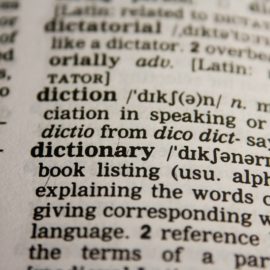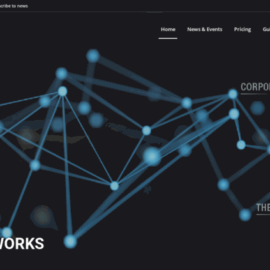
Date: 4/6/2021
Time: 12:00-13:30
This seminar provides a brief introduction to digital resources that are of great relevance for the analysis of language change – in particular lexical and semantic change – in the history of English and of other languages. Specifically, we will focus on the Oxford English Dictionary, the Historical Thesaurus of English, and the Catalogue of semantic shifts. After offering information on how to use these tools in historical linguistics research, a case study will be presented that shows how one can build on both cross-linguistic and diachronic data to make informative generalizations about the organization of the lexicon and its reshaping over time. The seminar is mainly for those interested in historical semantics and historical lexicology.
Instructor: Dr Thanasis Georgakopoulos (ageorgakopoulos@enl.auth.gr)
Thanasis Georgakopoulos is Assistant Professor at the Department of Theoretical and Applied Linguistics of the School of English at Aristotle University of Thessaloniki in Greece. He holds an M.A. in Theoretical Linguistics and a Ph.D. in General Linguistics. In the past, he held various academic positions at the Aristotle University of Thessaloniki, the Hellenic Open University, the Free University of Berlin, the Humboldt University of Berlin, the University of Münster, the University of Kassel, the University of Liège, and the National Research University (Higher School of Economics) in Moscow. His research focuses on language change and typology, with semantics being the main connecting thread. His publications include articles in books and international journals (e.g., Constructions and Frames, Journal of Historical Linguistics, Language and Linguistics Compass, Languages in Contrast, Linguistic Typology, Studies in Language). He has received financial support from several national and international funding bodies, such as DAAD, Marie Skłodowska-Curie actions, the IKYDA initiative. Since 2019 he is the Review Editor of the Journal of Historical Linguistics.
Students interested in attending the webinar should register here.




